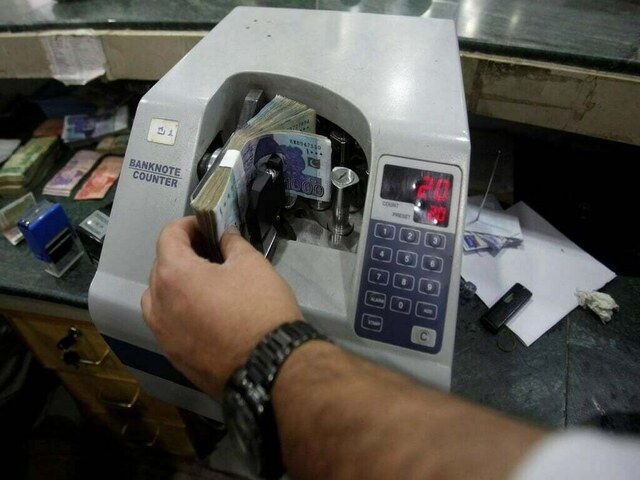Mohsin Siddiqui (Chief Reporter)
The Policy Research Institute of Market Economy (PRIME) has released its quarterly economic review, raising significant concerns about the proposed increase in income tax rates announced in the federal budget. According to the latest edition of PRIME Plus, this move is likely to incentivize non-compliance, thereby undermining the government’s efforts to raise revenue and broaden the tax collection base.
PRIME’s report criticizes the government’s lack of serious attempts to eliminate the persistent fiscal deficit. Despite the need for fiscal discipline, the budget has not curtailed unnecessary expenditures, most notably reflected in the expansion of the public sector development fund. This approach, according to PRIME, fails to address the root causes of the fiscal deficit and may lead to long-term economic instability.
The proposed higher tax incidence on private salaried individuals and businesses is another area of concern highlighted in the report. These increased taxes are expected to curb disposable income, which in turn could diminish overall economic activity. With less money available for spending, economic growth is likely to slow, affecting various sectors of the economy.
PRIME’s review also points out that monetary expansion has outpaced real growth, resulting in inflation. The report notes that the recent announcement of salary increases for the public sector contrasts sharply with the policy goals of managing inflation. This discrepancy is expected to lead to an unequal distribution of inflationary pressures among the population, exacerbating economic inequalities.
The report highlights a troubling decline in private sector borrowing, attributed to the high cost of borrowing. This decline is particularly concerning for the manufacturing sector, which continues to experience subdued output amidst rising utility and input prices. These challenges are compounded by unaddressed supply-side bottlenecks, particularly those related to the Ease of Doing Business in Pakistan.
PRIME’s review is critical of the concessionary measures provided to the industry, which are largely framed as import substitution strategies. According to the report, these measures are unlikely to foster the development of internationally competitive businesses. Instead, they may hinder the growth and diversification of Pakistan’s industrial base.
Despite some improvements in the current account balance, the report notes that Pakistan remains an unattractive destination for foreign investors. The underlying issues, such as political instability, regulatory challenges, and economic uncertainties, continue to deter foreign investment. Additionally, external financial pressures are mounting, posing further challenges to the country’s economic stability.
PRIME’s report underscores the need for a comprehensive and strategic approach to economic policy. It recommends focusing on structural reforms that address fiscal deficits, enhance the business environment, and promote sustainable economic growth. Key areas of focus should include:
Implementing strict measures to curtail non-essential government spending.Developing policies that incentivize compliance rather than penalize non-compliance. Reducing the cost of borrowing and addressing supply-side constraints to boost manufacturing and other key sectors. Creating a stable and conducive environment for foreign investors through regulatory reforms and economic incentives.




